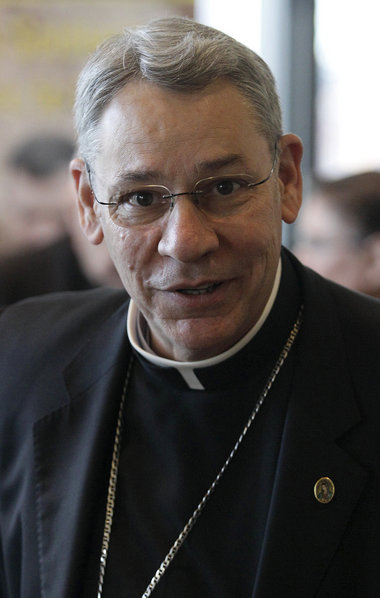Catholic Clergy Abuse Victims" Group May Come under Scrutiny, Report Says
By John Simerman
The ruling would include correspondence with victims, lawyers and journalists that the group considers confidential. It comes in the case of a Kansas City priest who faces abuse allegations. Members of the Chicago-based group, which has chapters across the country, fear that the church is pursuing a frontal attack. The group says the ruling could chill victims from coming forward to SNAP. The St. Louis Archdiocese, the report said, is pursuing a similar strategy in another case. Lawyers for the church argue that their aim is not to violate the privacy of victims, witnesses and others. The correspondence, they say, would shed light on whether plaintiffs who have sued the church revealed their alleged abuse to SNAP earlier, falsifying claims of "repressed memory" under coaching by the group. That would place their claims beyond Missouri's statute of limitations. At issue, legally, is whether SNAP should be shielded from having to reveal the correspondence under protections afforded rape crisis centers, or whether it acts more like recovery groups that don't have the same legal safeguards. Depending on geography, SNAP has had a choppy relationship with the church amid a sex abuse scandal that mushroomed in 2002. In some cases, dioceses have come to work with the group to support victims of sometimes decades-old abuse by Catholic clergy. But group members have frequently attacked church leaders whom they view as slow to come clean on abuse allegations and how they handled them. Building with a series of allegations in the United States and Ireland, the Catholic sex abuse scandal peaked with a series of stories in the Boston Globe in 2002 revealing that church leaders often buried allegations and simply moved priests around. Thousands of allegations streamed into courts across the country, leading to massive money judgments and settlements that hobbled many dioceses.
|
.
Any original material on these pages is copyright © BishopAccountability.org 2004. Reproduce freely with attribution.
